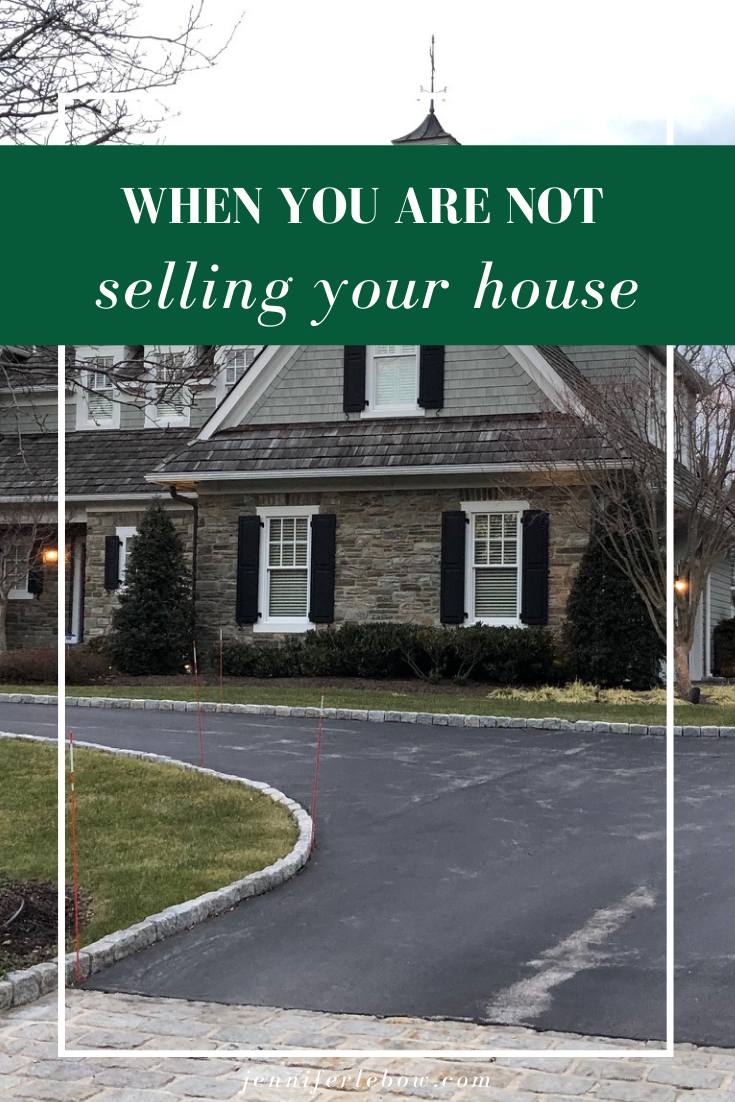
Jen LeBow’s Candied Nuts
Jen LeBow’s Candied Nuts
In a large frying pan, bring to a boil over medium high heat:
½ cup water (or just a tad less)
3/8 cup sugar
Add and stir constantly until water is almost entirely gone (5 minutes):
4 cups pecans/almonds/walnuts
Add and stir about 2 minutes:
1 T cinnamon
½ t salt
Pour out onto large cookie sheet and cool entirely before storing in air-tight container.








